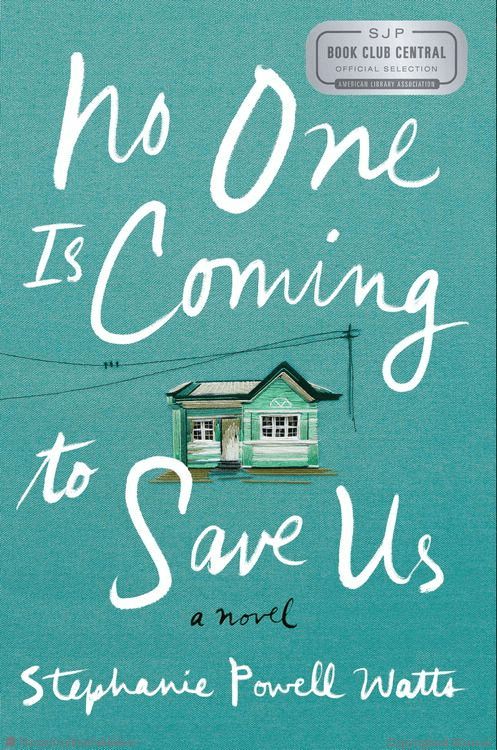 Sometimes, fiction is a better teacher than history books or newspaper columns. A powerful new novel set in Pinewood, North Carolina, a fictional modern foothills town, proves the point.
Sometimes, fiction is a better teacher than history books or newspaper columns. A powerful new novel set in Pinewood, North Carolina, a fictional modern foothills town, proves the point.
“No One Is Coming to Save Us” by North Carolina native and Lehigh University associate professor Stephanie Powell Watts has been cast as a reimagining of “The Great Gatsby” in a new setting. But its great strength is a rich portrayal of an extended African- American family.
Family members deal with the town’s economic decline as its furniture manufacturing base fades away. The legacy of segregation and racism complicates and enriches their efforts to find places in life.
JJ Ferguson, the book’s Gatsby figure, returns to his hometown with lots of money and to build a mansion on a hill overlooking the modest place where he grew up.
His real purpose, it turns out, is to reconnect with his high school girlfriend, Ava.
But Ava is married to Henry and has an established white-collar professional job. More than anything, she wants to have a child. Her every effort has been a disappointment.
Ava’s mother, Sylvia, was like a mother to JJ when he was growing up. When he comes to visit, he teases Sylvia when she tells him she has not had time or money to put pictures on the wall of her small apartment.
He says, “You’re going to have to get your black woman card revoked if you don’t get Barack on the wall.”
She responds, “You mean my old black woman card, don’t you?”
She continues, “Do you remember when all the barbershops used to have Kennedy and Martin Luther King Jr. pictures up? Is Barack up there with them now? He should be, I figure.”
Sylvia clearly loves JJ, more so because her own son has been a disappointment. Also, her husband, Don, while charming, is another disappointment.
Meanwhile, unknown to Ava, Henry has developed a relationship with a white woman, and they have a child named Zeke. When Ava sees Zeke for the first time, he looks just like Henry. Crushed by Henry’s disloyalty and by her inability to have Henry’s child, she is vulnerable to JJ’s efforts to reconnect.
She goes with JJ to his new house. Watts writes that as Ava undresses, “She felt slightly erotic, slightly disgusted like she stuck her finger in the muddy soil of a potted plant. She had never cheated on Henry, not once.”
She would have told JJ that fact, “but she didn’t want to ruin the moment by mentioning Henry’s name.”
Watts continues, “She knew for a fact that her marriage was over. She was not sad for the fact, but for the knowledge of the fact.”
Ava brings back the memory of making love with JJ years before and remembers thinking, as Watts writes, “She’d wanted a life, her life, but she’d had a small palpable, unreasonable hope that she would get pregnant and the hard work of planning and focusing would be taken from her, out of her hands, and bound up in a baby with this sad sweet boy.”
There is no completely happy ending, but as The New York Times’ reviewer Jade Chang explains, “The novel’s intricately plotted relationships pay off satisfyingly in its final chapters. When Gatsby didn’t get what he wanted, the story could only end with his death, but Watts’s characters are people who have seen generations of dreams stymied and thwarted – for their kin, their community and themselves. Rather than giving up if the game doesn’t go their way, they do what they’ve always done: Forget the rules, shake up the players and turn Gatsby’s green dock light gold.”

 How to resolve AdBlock issue?
How to resolve AdBlock issue? 








